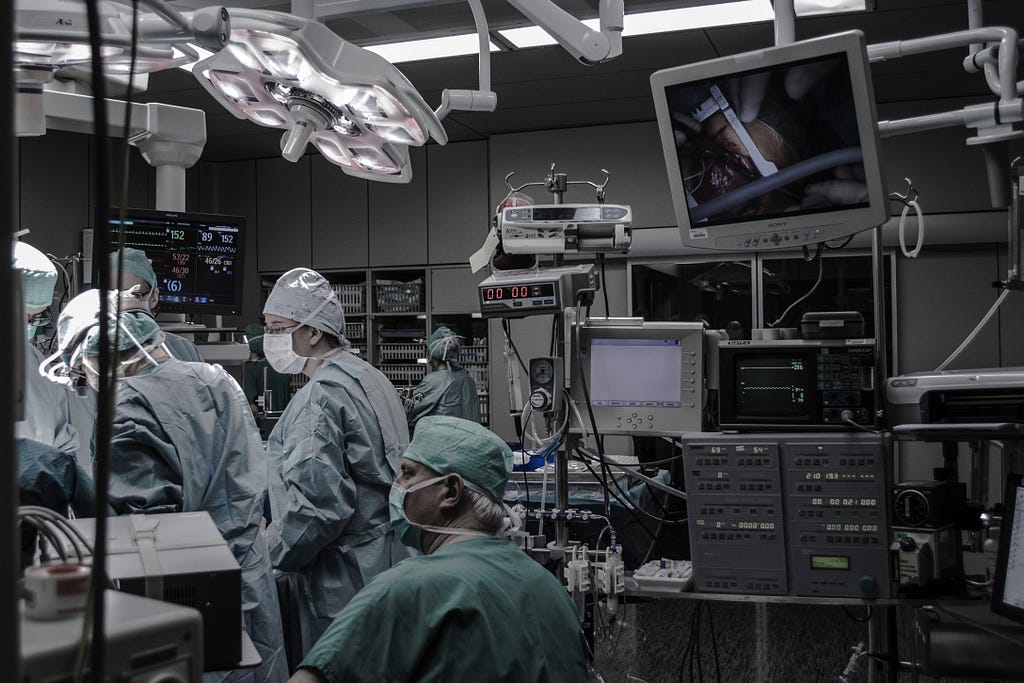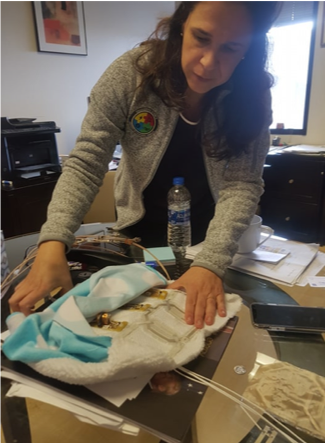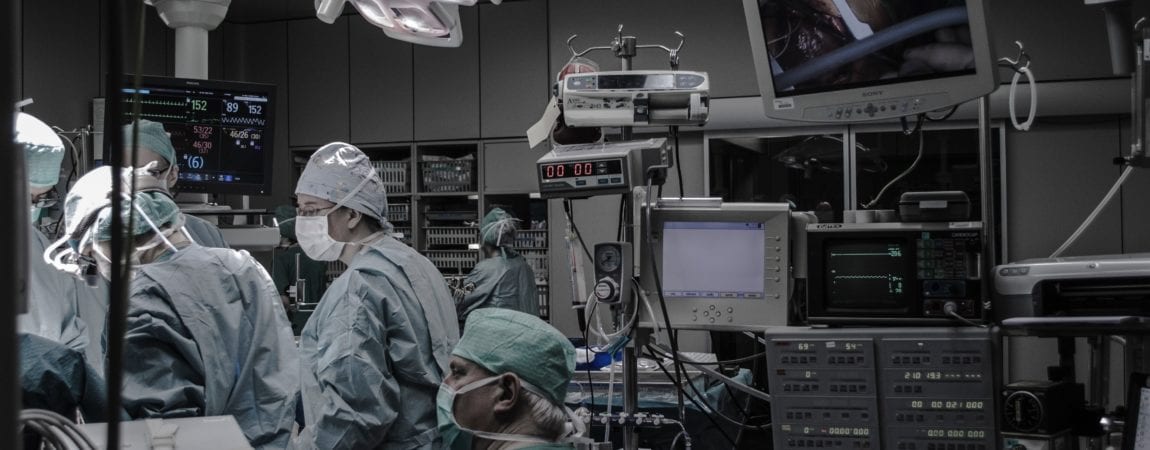By Yash Bhandari, Adarsh Kumar, and Henry Hao

“I dream to have a comfortable medical device that has been designed to fit all types of people with chronic disease without being noticed by the user,” Arias said as she divulged the inspiration behind her work. “Anything we humans pick is based on comfort and convenience, but we do not have that when it comes to medical devices.”The idea of aligning flexibility of devices with medical technology came to her when she was working for Xerox. She realized that flexible electronics are the perfect tool for interacting with the body as they are easy to customize. The idea of flexible electrical systems has been prevalent for quite a while, but no major leaps have been made in making them more effective and flexible in all directions. However, using sophisticated principles and drawing on Professor Arias’ past industry experience, the Arias Research Group has been able to successfully create an electronic device that isflexible along all the planes. In addition, the research group has also created an electronic device made out of a blend of chemical solutions that outperform industry-level silicon devices in cost and performance. One goal of the research group is to leverage this technology in order to improve upon conventional oximeters. An oximeter is a medical instrument that computes the oxygen saturation level in an individual’s blood stream. Currently, an oximeter is mapped through the user’s finger and due to the small surface area and inevitable finger twitches, it does not produce very accurate data. However, the research group has been able to design a ‘Flexible Organic Oximeter’ which enables the device to be placed over larger sensing locations, such as the forearm, that are prone to less movement and collect two-dimensional data. Thus, the device can potentially lead physicians to make more reliable diagnosis as it is able to yield data with greater accuracy and minimal uncertainty. When Arias was asked about some of the limits of current medical technology, she said “Devices are often not tuned towards children and babies, because of their varying body sizes and restless motions.” She wants to design customizable medical devices that do not constrain the freedom of the patients in any manner. In collaboration with a UC Berkeley colleague, Professor Arias has launched a biotech start-up at the heart of the Silicon Valley. Drawing upon their respective expertise on flexible electronics and magnetic resonance imaging (MRI), their work aims to devise a product that enables newborn babies to undergo critical MRI scans. In the past, traditional procedures have restricted infants from undergoing MRI scans because of the risks associated with compressive forces acting on their delicate frames. To combat the issue, Arias and her colleagues managed to embed flexible MRI coil panels within a fleece blanket that comfortably cocoons the newborn baby during the procedure. By inheriting novel techniques for printing electronics, they are able to design MRI coils that are cheap and lightweight. The flexibility aspect of this technology enables it to be compatible with any body size and shape. This invention is not only capable of performing to industry standards but can solve similar diagnostic related issues faced by elderly or ill members of society.

The impact of flexible electronics on the healthcare industry was originally published in Berkeley Master of Engineering on Medium, where people are continuing the conversation by highlighting and responding to this story.





